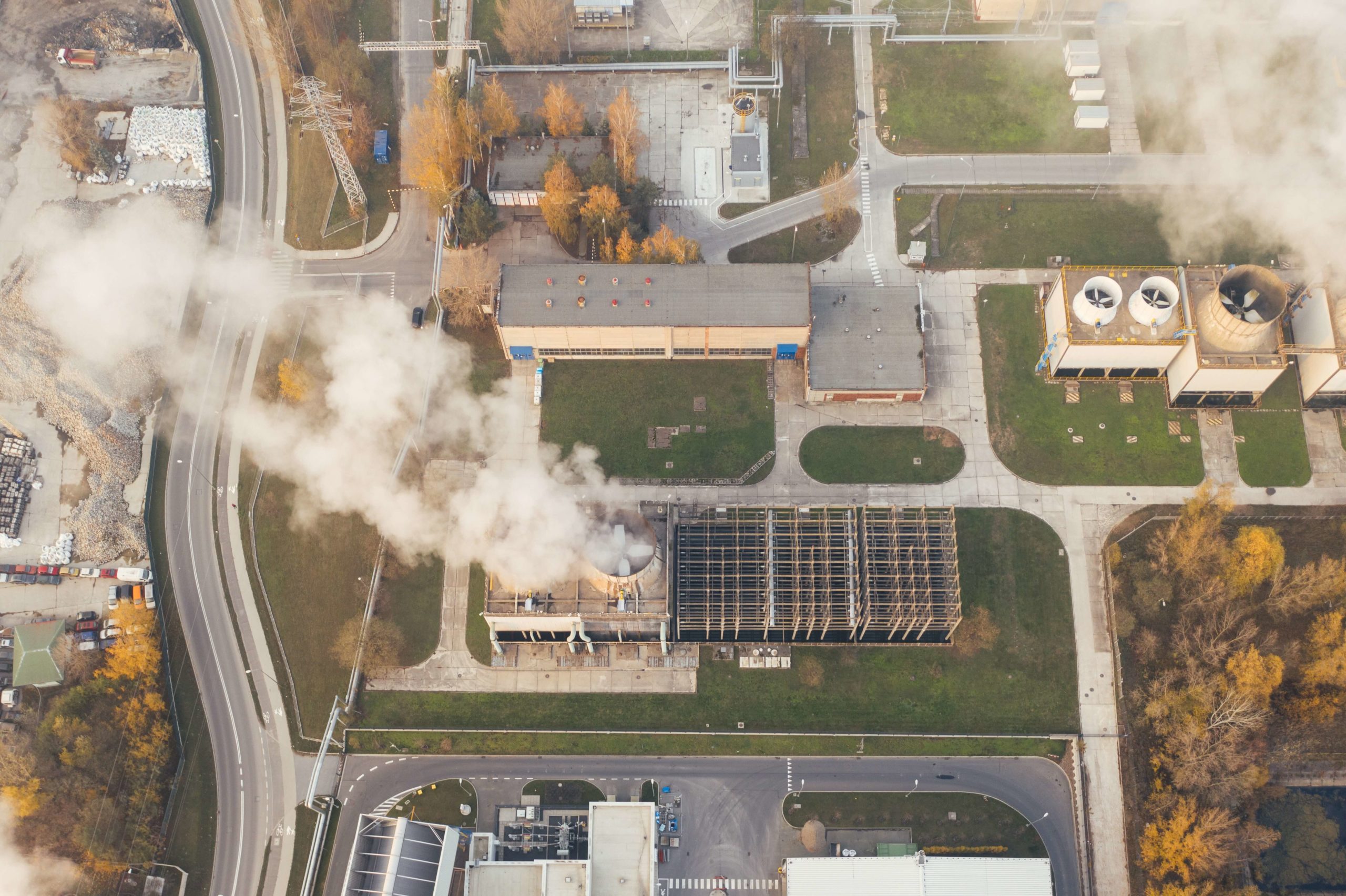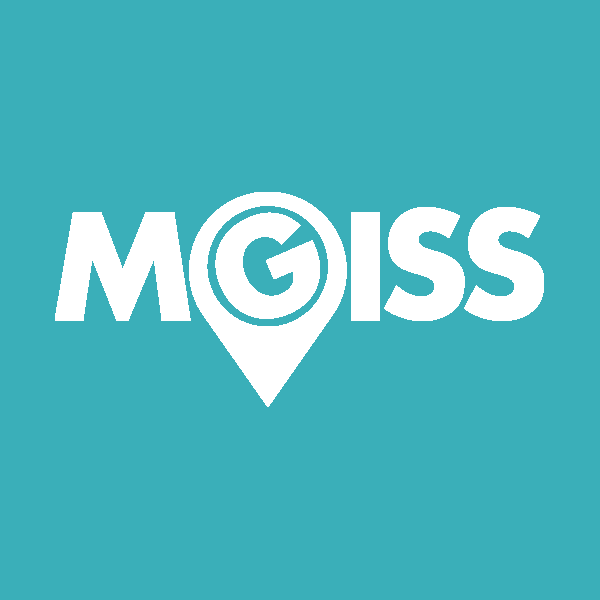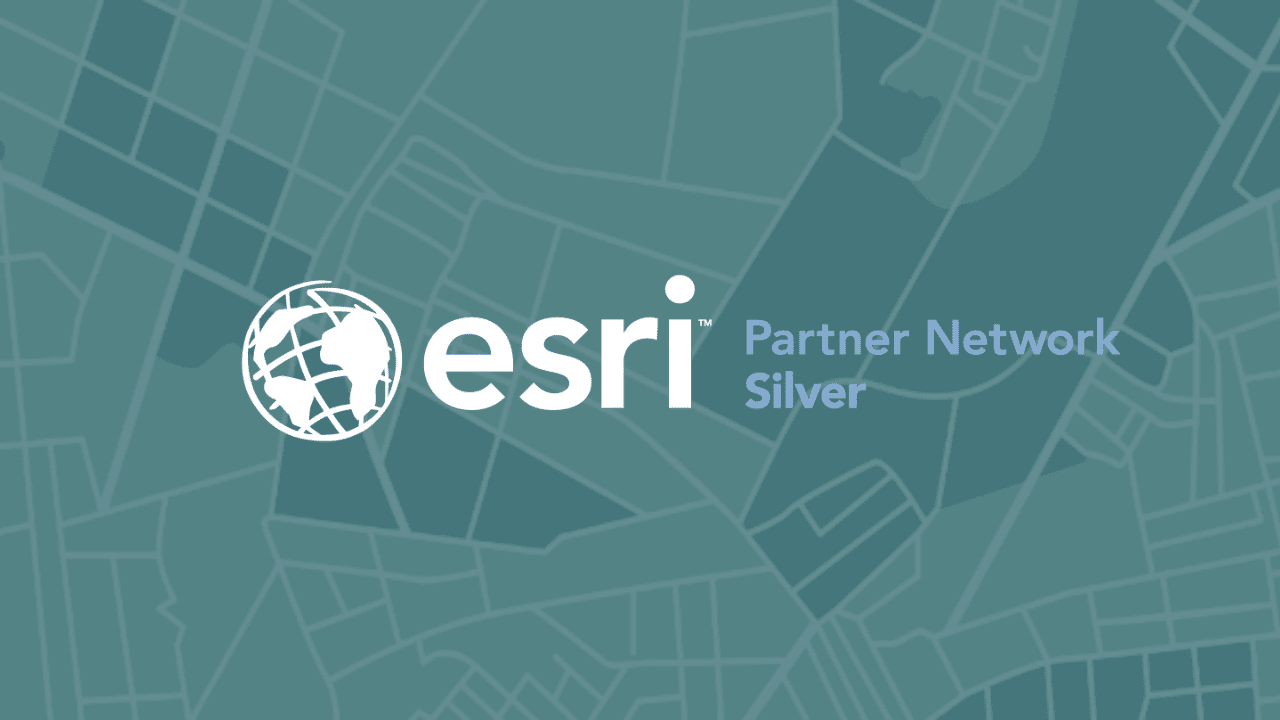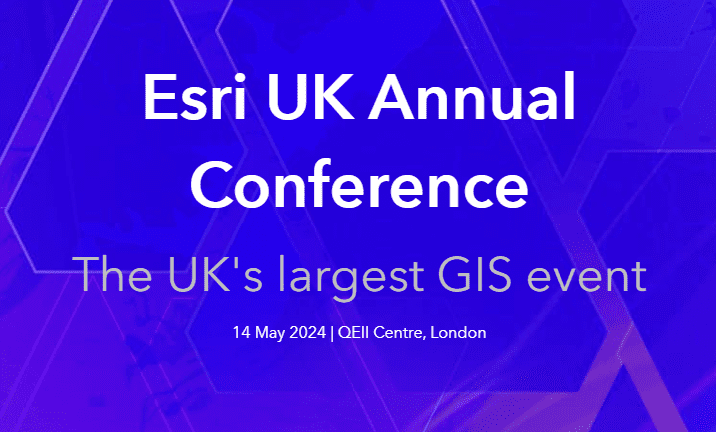What Are the Different Industries That Use GIS?

These days, multiple industries are utilising GIS (geographic information system) as an integral part of how they do business. They use GIS to store, analyse, and quantify data with geographical information to show how it relates to other components.
GIS compliments every industry. And forward-thinking companies recognise that with the ability to analyse information efficiently, they can optimise their efforts, use resources more efficiently, and have an advantage in their industry.
There are many advantages that a business gains when using GIS, and it is transforming industries such as utilities, infrastructure, environment and many others that we will talk about below.
Advantages of GIS Technology
GIS translates data using multiple components, and there are several ways your organisation can utilise it and take advantage of the various benefits.
The benefits of GIS include:
- Improving intelligent decision making that is supported by quality, well-rounded data
- Enhancing the integration of multiple departments ensures that collaboration is simple
- Improving communication during an emergency
- Supports and maintains the development and use of an efficient information system
- Identifies risks and hazards so that organisations, management or individuals can make informed decisions
- Improves the allocation of resources and planning
- Essential tool for natural resource management
- It will save your industry time, money and energy
- Improving transparency between industries and citizen engagement
- Increases opportunities for employees and businesses
- Monitor assets, workers, customer patterns and usage
GIS is an essential tool for many industries today, and it completely transforms the way they run their business and how they make decisions. Below are some of the sectors benefiting from GIS today.
Industries Using GIS
The industries using GIS serve some of our most fundamental needs.
Environmental Agencies
GIS gathers and stores critical data for environmental agencies to track and monitor habitat, wetland, and coastal shoreline erosion, identify locations where threatened species live, water sources and other natural resources. It can also help to track patterns and help predict natural disasters, glacier changes and soil erosion.
All of the environmental data gathered is essential in helping with conservation, protection and restoration efforts. Other industries can also access and utilise the data collected by researchers and conservationists.
Utility Companies
One of the most active users of GIS is the utility sector, and they use it to help with:
- Managing grids and identifying patterns in customer usage, outages and supply issues
- Tracking and monitoring pipelines
- Locating water pipes and cables
- Wireless networks
- Construction planning
- Monitor assets and field workers
GIS, with its comprehensive database, helps to maintain and monitor overhead and underground utilities, improving efficiency and effectiveness and saving time and money
Infrastructure Companies
The planning and development of our roads, electricity, water supply lines, buildings, and society’s basic framework is mapped, managed, and monitored by companies that incorporate GIS in the infrastructure industry.
GIS simplifies communications, improves efficiency and effectiveness for field workers, helps to monitor assets and workers, tracks and stores customer usage and issues, improves customer/client satisfaction, and much more.
Telecommunications
GIS is widely used in the telecom sector to help monitor real-time data about current use, outages, and signal strength to help them better understand customers’ patterns and needs.
The telecom companies also use GIS to help optimise their resources effectively and efficiently, mitigate problems and plan for future growth.
Retail
Retail stores depend on knowing where their customer base lives or works and how far they are willing to travel to buy goods. GIS supplies essential data to help retail companies determine location, optimise inventory and sales, and plan their marketing campaigns to reach their ideal clientele.
Government
Geographical information is critical for the government to make decisions based on real-time data. Government operations are spatial, whether for emergency response and management, fires, accidents, utilities, infrastructure, etc.
Agriculture
Food is a basic need for humans and animals. The agricultural industry uses GIS to help identify usable fertile land vs non-fertile land, weather hazards such as flooding or drought, and water supply.
Development and Urban Planning
Planners and developers rely on GIS to help them factor in several components when looking to build and develop an area. For example, they use GIS to find empty lots and determine resource and infrastructure availability and needs.
GIS helps plan roads, housing, schools, businesses, government spaces, and hospitals. It also stores historical data, including ageing infrastructure, monuments, wetland areas, protected habitats, and species.
Another important factor is soil mapping, identifying possible hazards such as flooding, volcanic activity or other environmental issues.
Healthcare
Today, healthcare sectors use GIS to track disease patterns, whether an outbreak, an epidemic, cancer hotspots, or people in a specific location suffering from an environmentally caused illness.
GIS has a disease surveillance system that can conduct a spatial analysis to locate which area is high-risk, and the GIS software is better are validating data.
Insurance Companies
Mitigating and understanding risks ahead of time is essential to insurance companies, and they use GIS to ensure they are aware of possible dangers before giving you a quote.
GIS Solutions For Your Business
Geospatial information systems, mapping, and geospatial technology have significantly helped improve these industries and are commonly used in our daily lives with apps such as Google maps. Find out how GIS can benefit your organisation today. Then, when you are ready to take the next step, we are here to help you!
MGISS is an expert in geospatial software development, training, technical support and consultancy and will develop a custom plan to integrate and find GIS solutions for your business. We are here to help you streamline your business and improve efficiency. We have helped utility and infrastructure companies grow and, most importantly, help to protect our environment.
Visit our website today to learn more!
About
Empowering your decision making with the asset data truth. Independently advising on the smarter use of Geospatial data, technology and the digital transformation of field operations.



